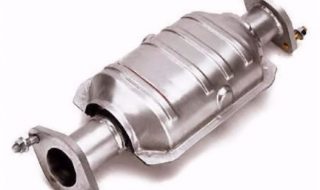Getting your first job is a big deal to many because it’s when they can start seriously thinking about making large purchases such as a home or a car, especially if they have paid off most of their student loan – if not, that should most definitely be your first step. Get rid of all your debt first before even thinking about what is an installment loan (which is crucial to making these big purchases).
Most opt for the latter (car) first because it’s a convenient mode of transport. Once you’ve decided on your budget, you can start thinking about what you’re looking for. It’s time to scour the showrooms and internet for the perfect car. Whether it’s a sedan, SUV or whatever you have in mind, the second step is to lock in on a model. Once you’ve come to a final decision, you should start looking for financing options.
- Think about your credit options
Credit is very important in America – if you are a newly minted employee, you will most likely have close to no history so you’ll have to pay a little bit more than the rates that are advertised (because we all know those flat rates are completely no-frills and when you add in fees and other charges, the price is never what is advertised). If you can build up your credit before getting a car, do that, because you’ll be able to get better deals. Apply for a credit card and use it wisely – this means always paying back on time, never maxing it out and taking care of it. In a year, you should have enough credit record to be eligible for those deals advertised on dealerships because you won’t have to pay extra as an added security.
- If you can, keep it short
We’re talking about your loans. The shorter your term, the faster you can pay it all off, even though it may mean tightening your belt for a few years because the fees would be significantly higher every month than if you take a long-term loan. However, you’ll be saving thousands on interest. Plus, cars depreciate so in a few years it’ll be worth less than what you’re paying for. One way to overcome high monthly payments is buying second hand or simply by getting a cheaper alternative.
- What’s your budget?
If you are actually getting a second hand car, always leave a little more wriggle room because older cars require more maintenance or even some repairs. But if you’re looking at a new car, one good way to work out a budget is to think about how much you can put away monthly and from there, you’ll be able to figure out what car you can afford.
- Does your family have money tucked away for you?
It never hurts to ask, but if your parents can give you a small loan, especially for the down payment, that would save you a lot on fees as you won’t have to pay as much interest.





